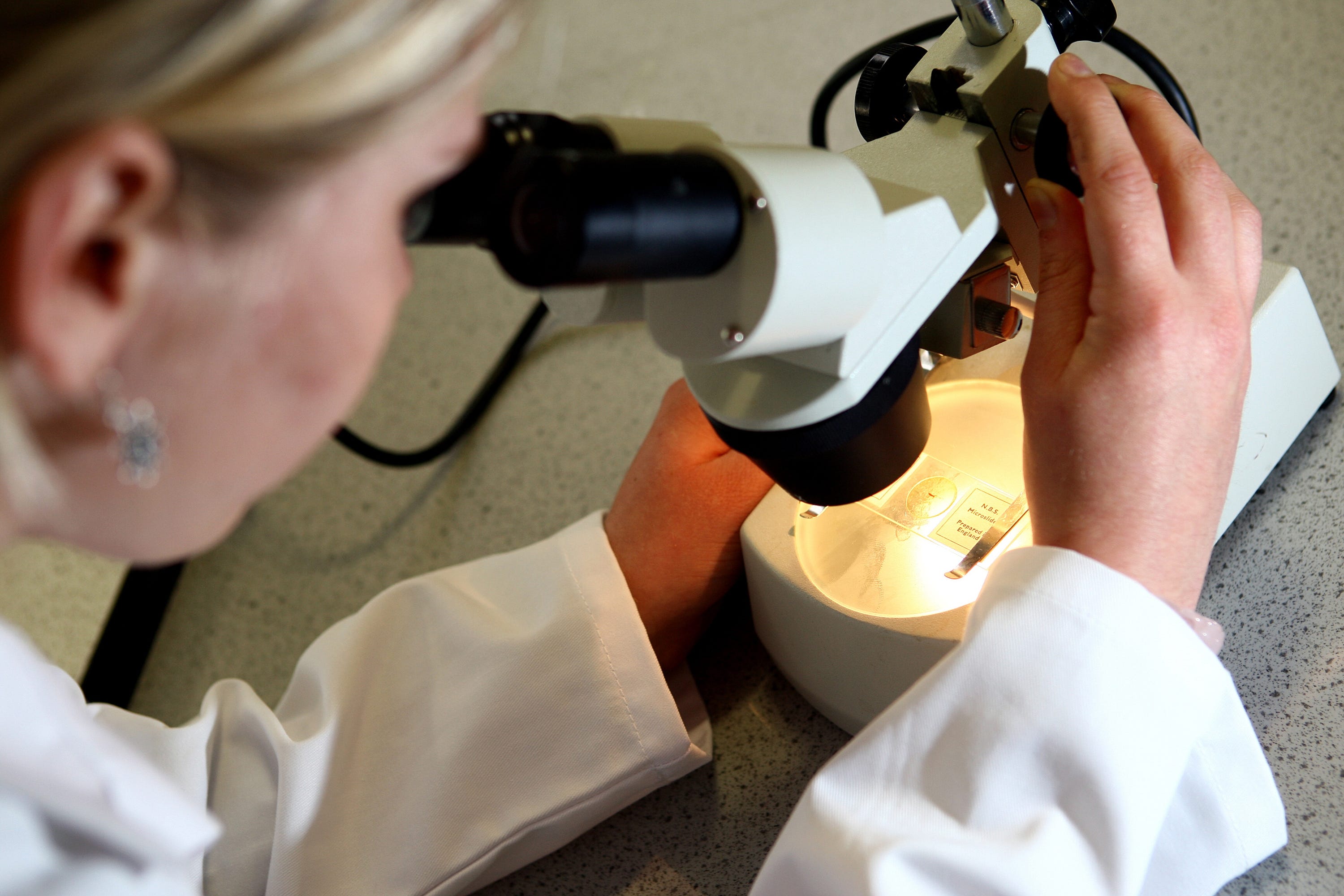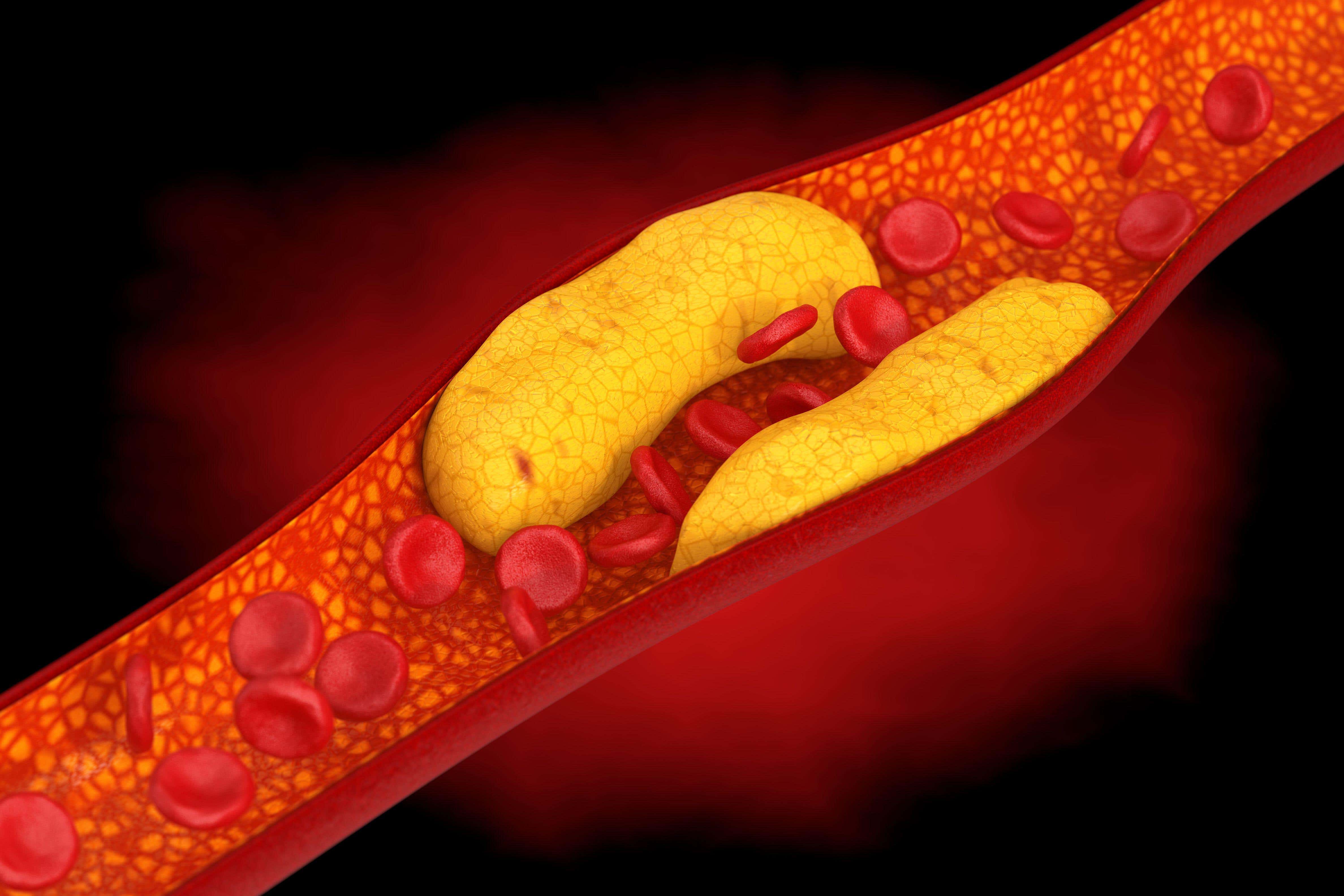Scientists say public should start lowering cholesterol much earlier on in life

Your support helps us to tell the story
From reproductive rights to climate change to Big Tech, The Independent is on the ground when the story is developing. Whether it's investigating the financials of Elon Musk's pro-Trump PAC or producing our latest documentary, 'The A Word', which shines a light on the American women fighting for reproductive rights, we know how important it is to parse out the facts from the messaging.
At such a critical moment in US history, we need reporters on the ground. Your donation allows us to keep sending journalists to speak to both sides of the story.
The Independent is trusted by Americans across the entire political spectrum. And unlike many other quality news outlets, we choose not to lock Americans out of our reporting and analysis with paywalls. We believe quality journalism should be available to everyone, paid for by those who can afford it.
Your support makes all the difference.Lowering cholesterol levels should be thought about much earlier in life, researchers have said.
It comes as a study found exposure to high or fluctuating cholesterol early in life may heighten the risk of developing a condition which can lead to heart disease and strokes.
Atherosclerosis is the narrowing of the arteries due to a build-up of fatty deposits. It can be caused by high cholesterol, as well as high blood pressure and smoking.
According to the NHS, people over the age of 65 are more likely to develop the condition.
However, a study led by scientists from the University of Cambridge and published in Nature, found the risk of atherosclerosisis can begin much earlier, with fluctuating cholesterol levels potentially increasing this risk.
Experimenting in mice, the team fed two groups a cholesterol-rich diet, either intermittently or continuously.
Ziad Mallat, a British Heart Foundation (BHF) professor of cardiovascular medicine at the University of Cambridge, said: “When I asked my group and a number of people who are experts in atherosclerosis, no one could tell me what the result would be.
“Some people thought it would make no difference, others thought it would change the risk.
“In fact, what we found was that an intermittent high fat diet starting while the mice were still young – one week on, a few weeks off, another week on, and so on – was the worst option in terms of atherosclerosis risk.”

Fluctuation may be dangerous due to how it impacts immune cells known as resident arterial macrophages, which alter in the early stages of atherosclerosis.
The study suggests intermittent high cholesterol may prevent these cells from becoming protective and can instead accelerate the disease.
Elsewhere, researchers analysed data from the Cardiovascular Risk in Young Finns Study, a long-term study tracking heart risks from childhood to adulthood.
More than 2,000 people recruited during the 1980s had ultrasounds of their carotid arteries when they were aged around 30 and again at around 50.
The team’s analysis found those who had been exposed to high cholesterol levels as children were more likely to have the biggest build-up of plaque in the arteries.
Ways to lower your cholesterol
According to the NHS
Eat less fatty food
To reduce your cholesterol, try to cut down on fatty food, especially food that contains a type of fat called saturated fat.
You can still have foods that contain a healthier type of fat called unsaturated fat.
Check labels on food to see what type of fat it has in it.
Try to eat more:
- oily fish, like mackerel and salmon
- brown rice, wholegrain bread and wholewheat pasta
- nuts and seeds
- fruits and vegetables
Try to eat less:
- meat pies, sausages and fatty meat
- butter, lard and ghee
- cream and hard cheese, like cheddar
- cakes and biscuits
- food that contains coconut oil or palm oil
Exercise more
Aim to do at least 150 minutes (2.5 hours) of exercise a week.
Some good things to try when starting out include:
- walking – try to walk fast enough so your heart starts beating faster
- swimming
- cycling
Try a few different exercises to find something you like doing. You’re more likely to keep doing it if you enjoy it.
Stop smoking
Smoking can raise your cholesterol and make you more likely to have serious problems like heart attacks, strokes and cancer.
If you want to stop smoking, you can get help and support from:
- your GP
- the NHS Stop Smoking Service – your GP can refer you or you can ring the helpline on 0300 123 1044 (England only)
They can give you useful tips and advice about ways to stop cravings.
Cut down on alcohol
Try to:
- avoid drinking more than 14 units of alcohol a week
- have several drink-free days each week
- avoid drinking lots of alcohol in a short time (binge drinking)
Prof Mallat added: “What this means is that we shouldn’t leave it until later in life before we start to look at our cholesterol levels.
“Atherosclerosis can potentially be prevented by lowering cholesterol levels, but we clearly need to start thinking about this much earlier on in life than we previously thought.”
Prof Bryan Williams, chief scientific and medical officer at the BHF, said: “Someone is admitted to hospital with a heart attack or stroke every three minutes in the UK. In most cases this is caused by atherosclerosis, the build-up of fatty material inside the arteries.
“This exciting new study, funded by the British Heart Foundation, provides new insights into the biological processes behind the development of blood vessel disease.
“Importantly, the study suggests that surges in cholesterol, not just consistently high levels, can cause changes in the blood vessels, priming them for the development of atherosclerosis.
“With this process starting early in life, these findings reinforce the importance of keeping cholesterol levels under control from an early age to better prevent heart disease and strokes later in life.”
Join our commenting forum
Join thought-provoking conversations, follow other Independent readers and see their replies
Comments